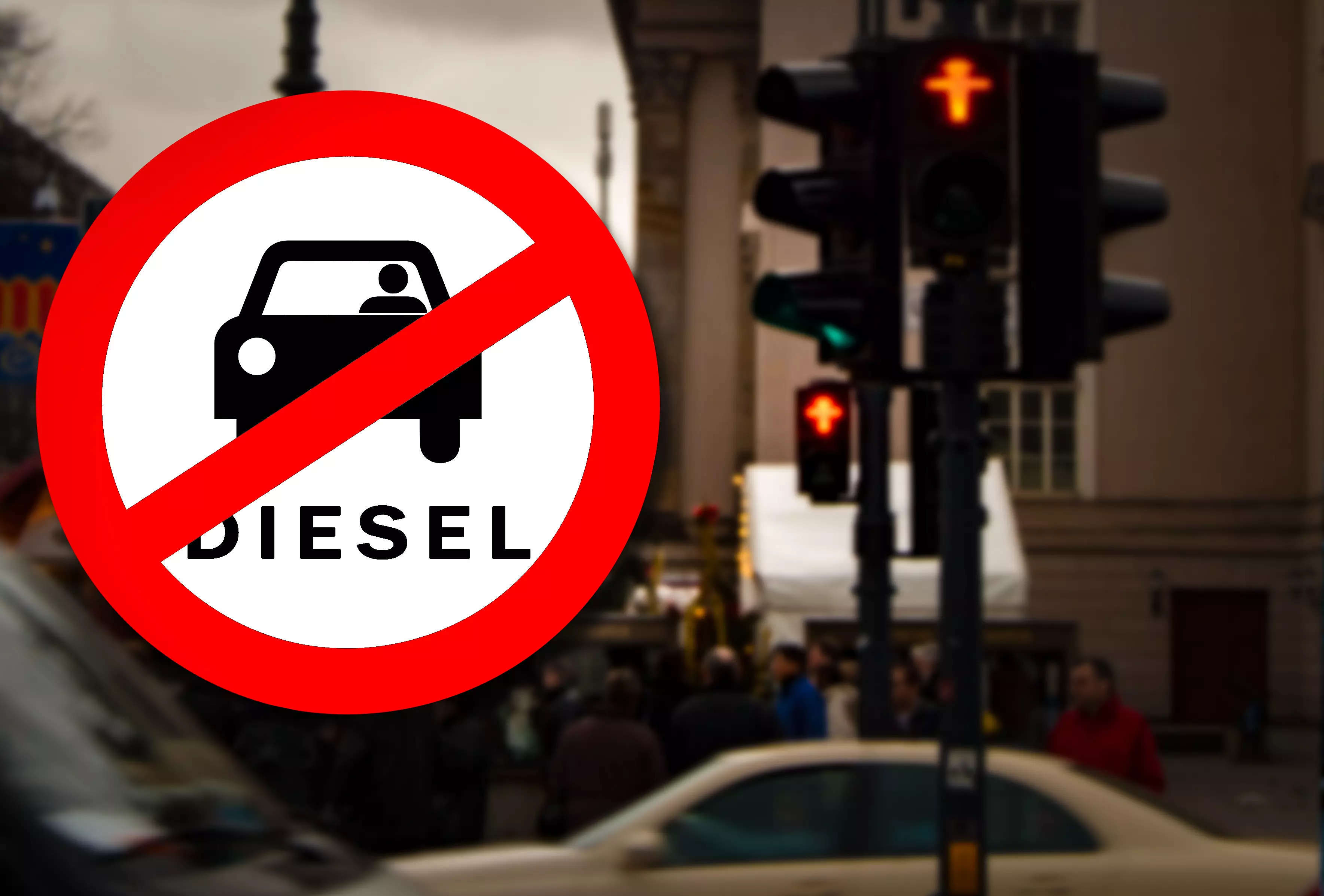
New Delhi: The Ministry of Petroleum and Natural Gas has submitted a plea to ban the diesel passenger vehicles by 2027 in Indian cities. This is an indication for more than 1 million diesel car users to switch to energy-friendly options like EVs and alternative fuels in the future.
Q. What are the recommendations?
A. With this ban the government aims to boost EV(Electric Vehicle) sales and promote and extend the FAME Scheme. The ban is done to achieve the target of Net Carbon Zero by the government. Along with the ban of diesel PV it also states that by 2030 no non-electric buses will be added. It also recommends increasing the use of natural gas which is less polluting than diesel in the automobile industry.
The term ‘Net Zero’ means a balance that will be created between the greenhouse gasses put in the air and those taken out. In simple terms, net zero emissions means eliminating the greenhouse to the extent of zero with any remaining gasses re-absorbed from the air by the forest or oceans, etc.
Q. Why is a diesel ban required?
A. The ban is imposed as the diesel vehicles produce Particular Matters (PM) at a very high level from the combustion process. The exposure to such gasses or air in a longer run can give rise to chronic diseases like lungs problems, asthama attack and sometimes pre-age deaths too as per the reports of Vox. The government is planning to produce 40% of electricity from renewable gasses.
Q. What is the share of diesel-powered cars in the Indian Market?
A. The share for diesel is two-fifths among the whole refined fuel industry. 80% of that share is used in the transportation sector. In the FY13 the share was 58% as per SIAM PV reports for diesel cars. The diesel car share in FY17 was 40% among the whole passenger vehicle (PV) sales, while it declined to less than 17% in FY21. It is now lower than 19% in the FY23. This showed the reduction in diesel cars. This made several companies like Maruti, Renault and several big auto industry players to step back from manufacturing diesel cars.
The reason for big sales of diesel cars earlier was the lower price of diesel than petrol by around INR 20-25. Now the difference is barely INR 5-7.
Q. What are the actions taken by Diesel car manufacturers?
A. The carmakers have been cautious about diesel-car manufacturing and taking initiatives to minimize it. India’s largest Passenger Vehicle manufacturer Maruti Suzuki stopped manufacturing diesel cars from April 1, 2020. Along with that Hyundai Motor India is also discussing eliminating the diesel engines in the sedan segment.
Q. Which other countries have banned diesel cars?
A. The United States is planning to put a ban on petrol and diesel cars from 2030. This law was passed in the year 2021.
In June 2022, the heavy gas emitting vehicles were banned in Paris. France has pledged to terminate the selling of fossil fuel cars by 2040.
In 2020, the European Parliament permitted the ban of petrol and diesel cars from 2035. Under the EU Law cars from 2035 should have zero emissions. The United Kingdom is also planning to ban new petroleum and diesel cars from the year 2030.
The German Government has started putting some rules and regulations on those vehicles emitting large amounts of harmful gasses.
Q. What are the challenges?
A. For the PV segment, due to the lower share of diesel cars, we can say that it is possible to implement the ban but for buses and commercial vehicles, it will be difficult because 95% of these vehicles run on diesel. Along with that no clear alternative is possible and the availability of incentives in LPG, CNG and Hybrid are only for EVs. The scrappage policy is yet to be implemented properly, as it also requires good scrappage infrastructure to replace diesel vehicles.
















